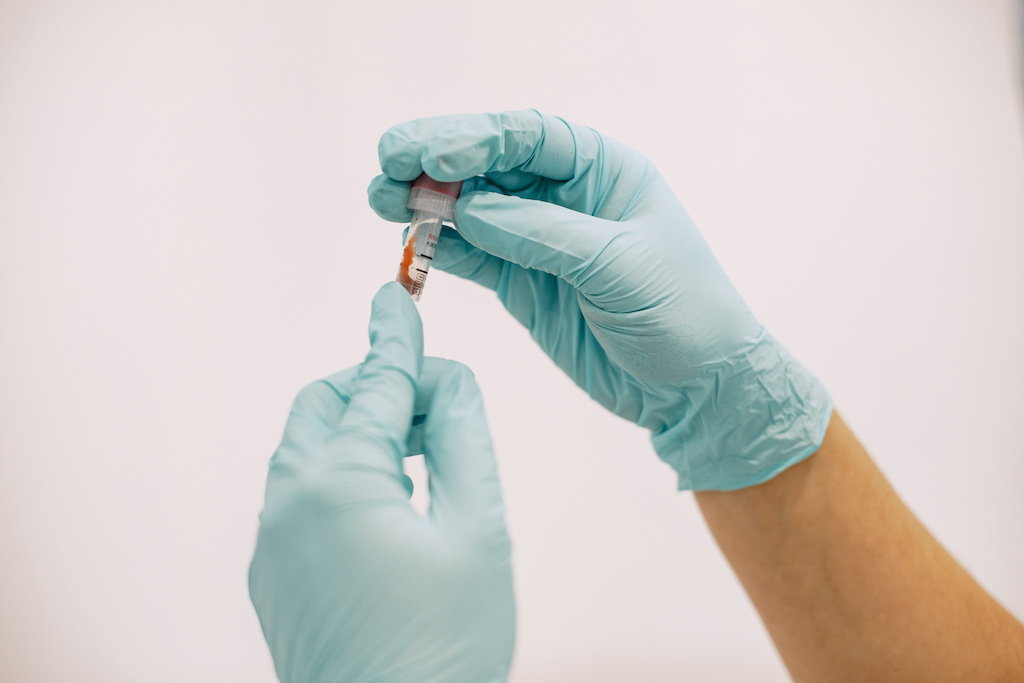Cheap, Easy Blood Test Detects Cancer by Identifying Broken DNA
Posted on 16 Jan 2023
A number of companies are developing blood tests that can act as a one-stop screening for multiple cancers. Such "multi-cancer" early detection tests are based on the fact that tumors shed bits of genetic material in the blood. Any test that is able to detect those tumor signals can offer a simple, non-invasive method to screen for different cancers - including the ones for which no screening method is currently available. Now, researchers have reported progress on a blood test that is capable of detecting multiple cancers in a relatively simpler and less expensive way as compared to other tests under development.
The test being developed by researchers at University of Wisconsin's School of Medicine and Public Health (Madison, WI, USA) detects specific cancer signals in the blood using a direct method: counting bits of DNA that seem to be "broken" in unexpected places. The researchers developed the test by adopting the approach of analyzing DNA "fragmentation patterns." Both tumor cells and healthy cells release pieces of DNA into the blood, although tumors express different genes than normal body cells do, due to which they also differ in the way those DNA bits break off. The new test examines the "end position" of DNA fragments in the blood in order to see if the breaks have occurred in "unexpected places." The researchers have described it as a "simple method" that requires a smaller blood sample having a limited supply of DNA (which, in the world of DNA, works out to a minimum of one million fragments).

In their study, the researchers found that their approach can distinguish people with any of 11 different types of cancer from people who are cancer-free using a relatively small blood sample. For the study, the researchers analyzed blood samples from 286 healthy people, out of which 103 had non-cancer medical conditions and 994 had one of 11 types of cancer, ranging from breast and ovarian cancers to melanoma, to rarer cancers such as bile duct tumors and the deadly brain cancer glioblastoma. The researchers found the test performed well in identifying the blood samples of the cancer patients, including those suffering from early-stage cancer, which is important in a screening test.
The researchers found that the test had an "area-under-curve" (AUC) of 0.91 for cancer overall and 0.87 for stage 1 cancer. The AUC is a measure of test accuracy ranging from 0 to 1, and the closer it is to 1, the better it is considered to be. The researchers will now study how well the test can perform in detecting a single cancer, rather than multiple ones - including pancreatic cancer, a deadly disease for which there is no screening test. The new approach could offer significant advantages over other blood tests currently under development.
"The biggest advantage of our approach would probably be in cost-effectiveness," said senior researcher Dr. Muhammed Murtaza, of the University of Wisconsin's School of Medicine and Public Health, although he added that it was tough to make predictions about real-world costs.








 Analyzer.jpg)





